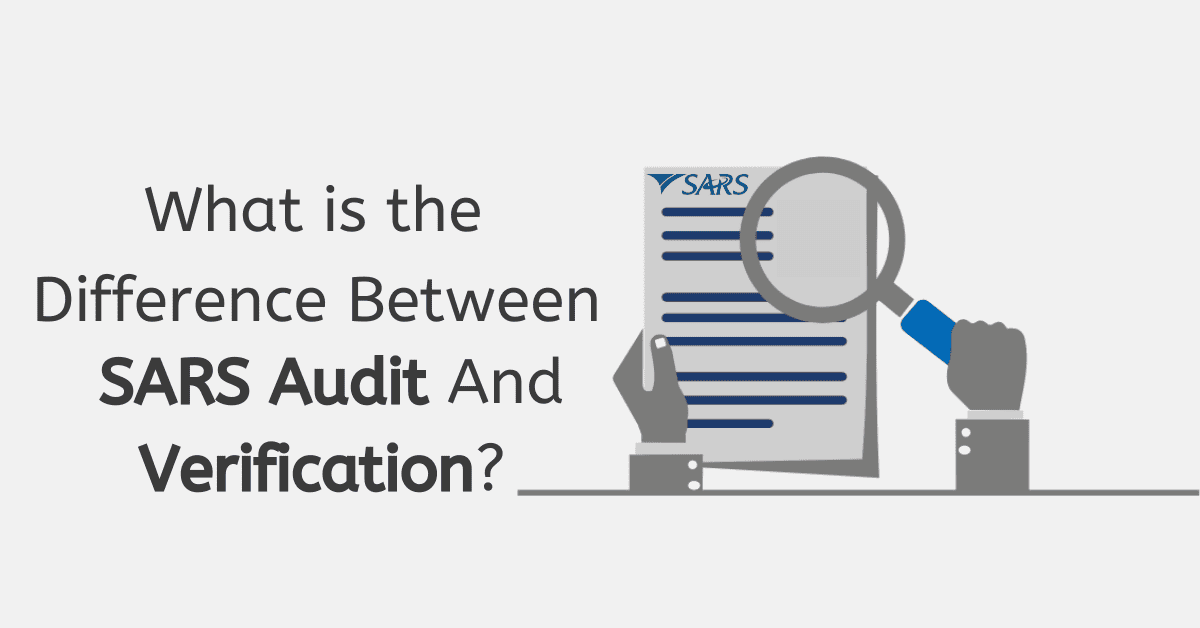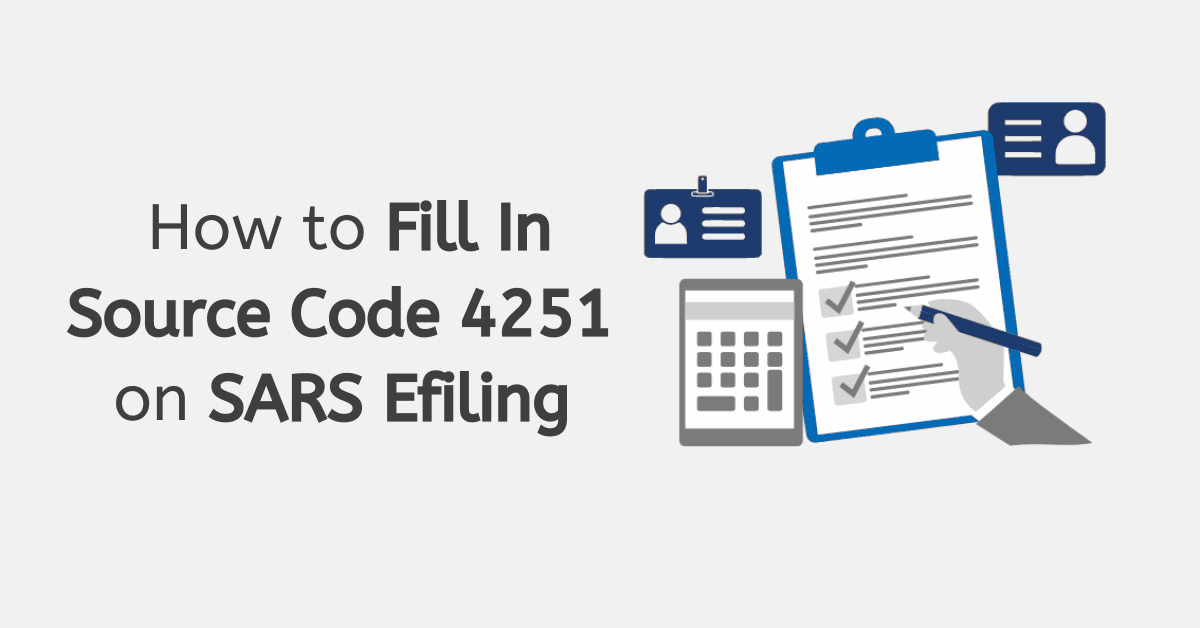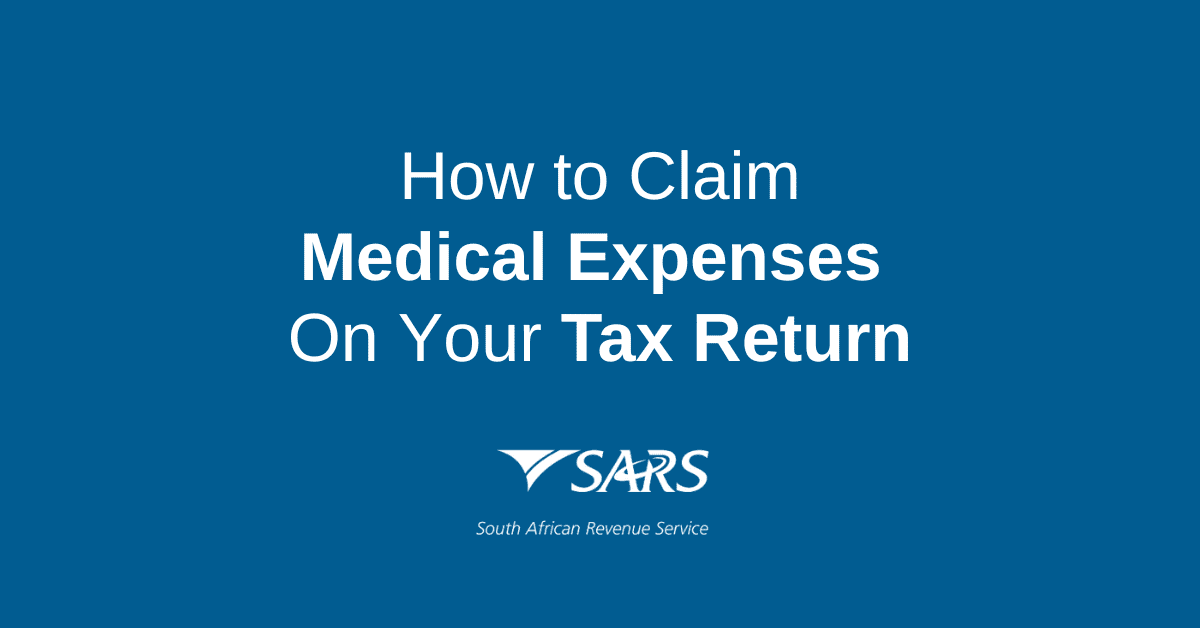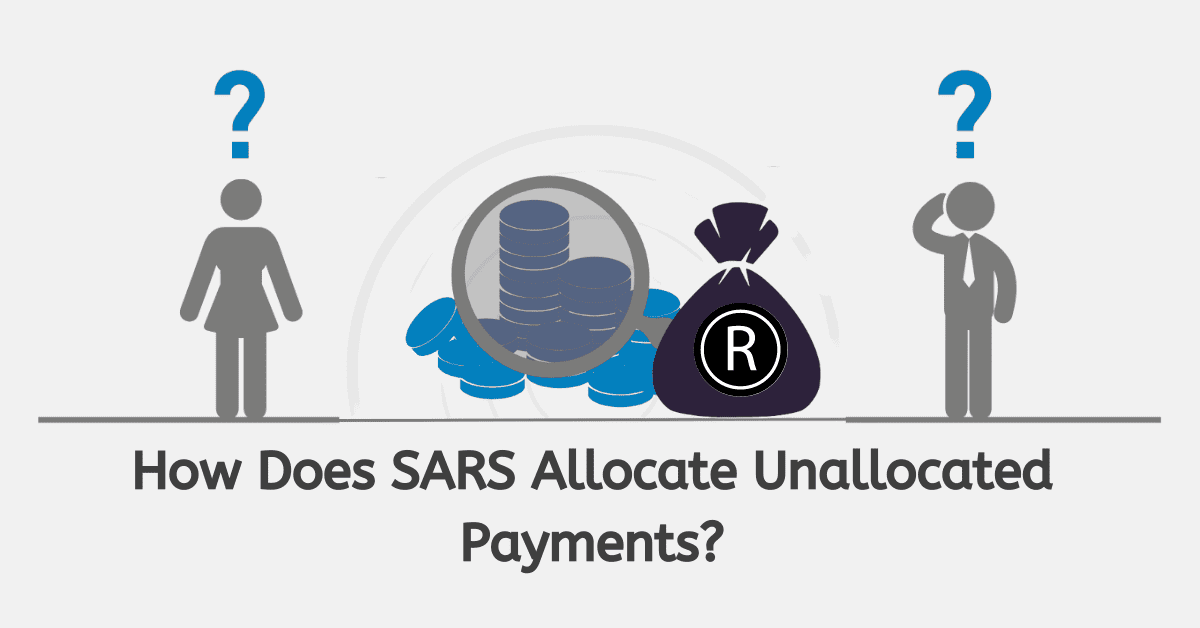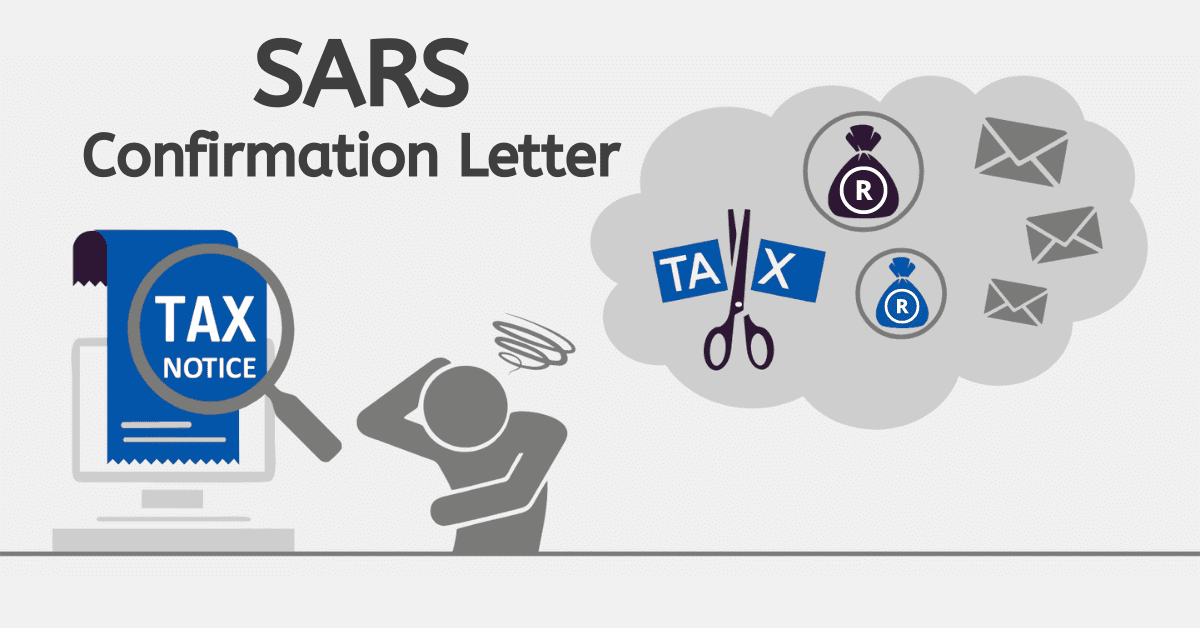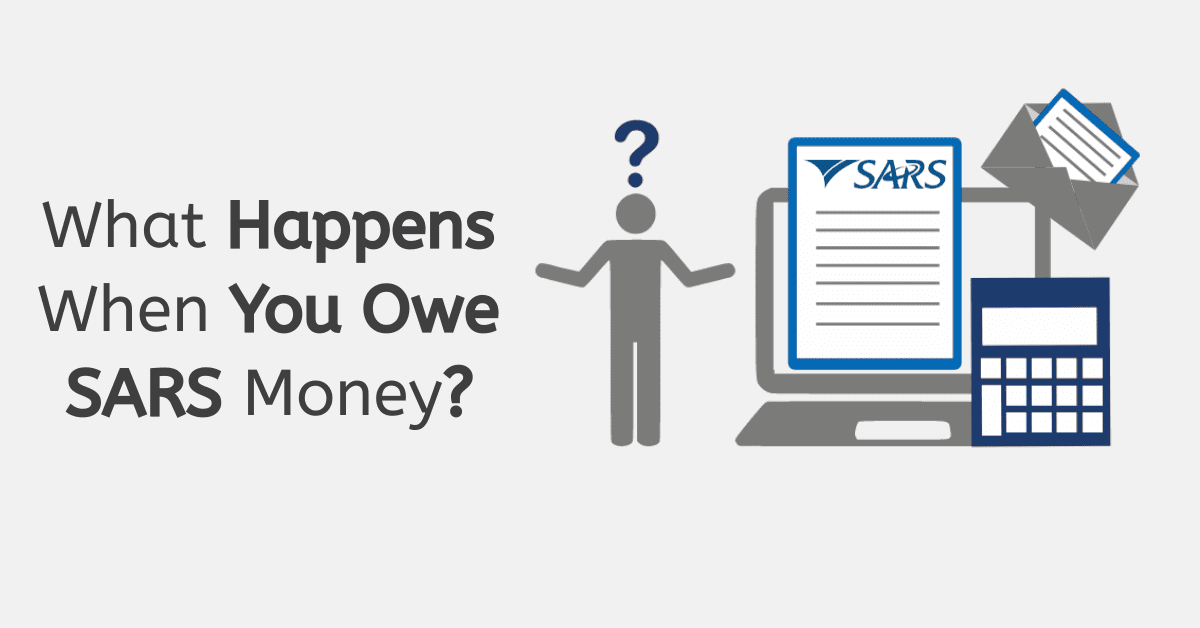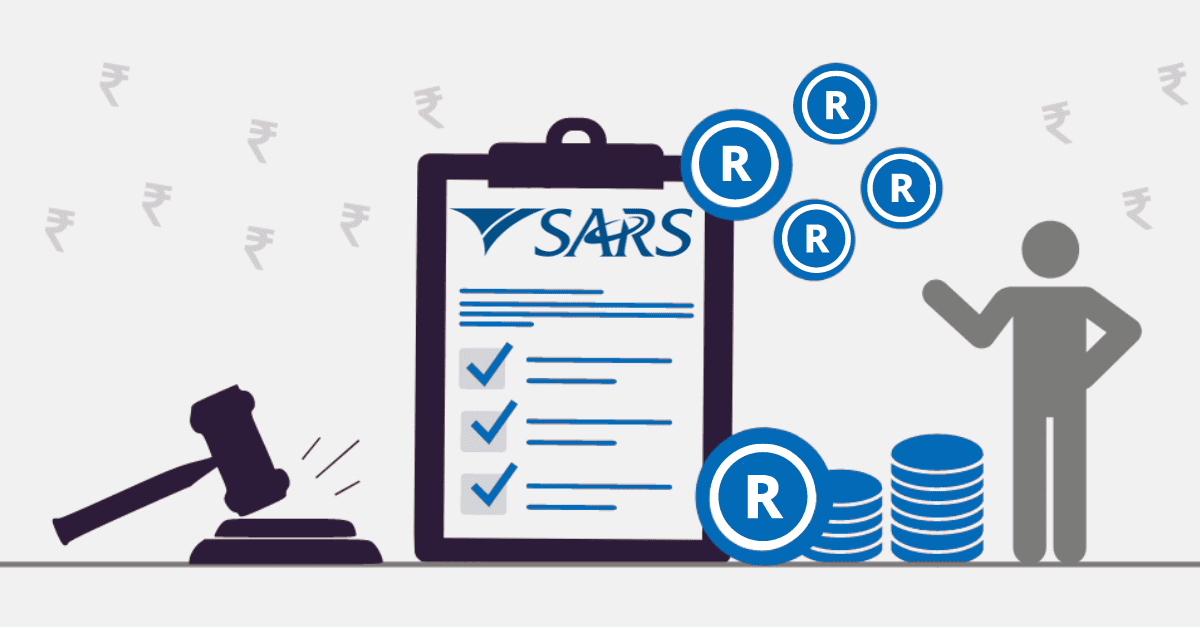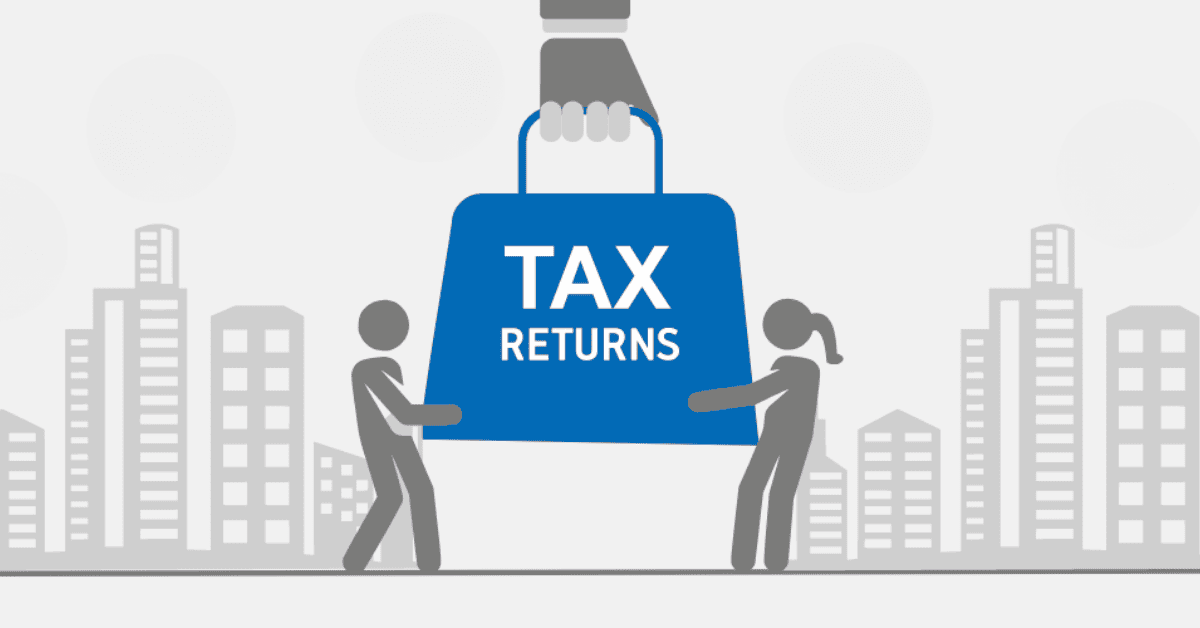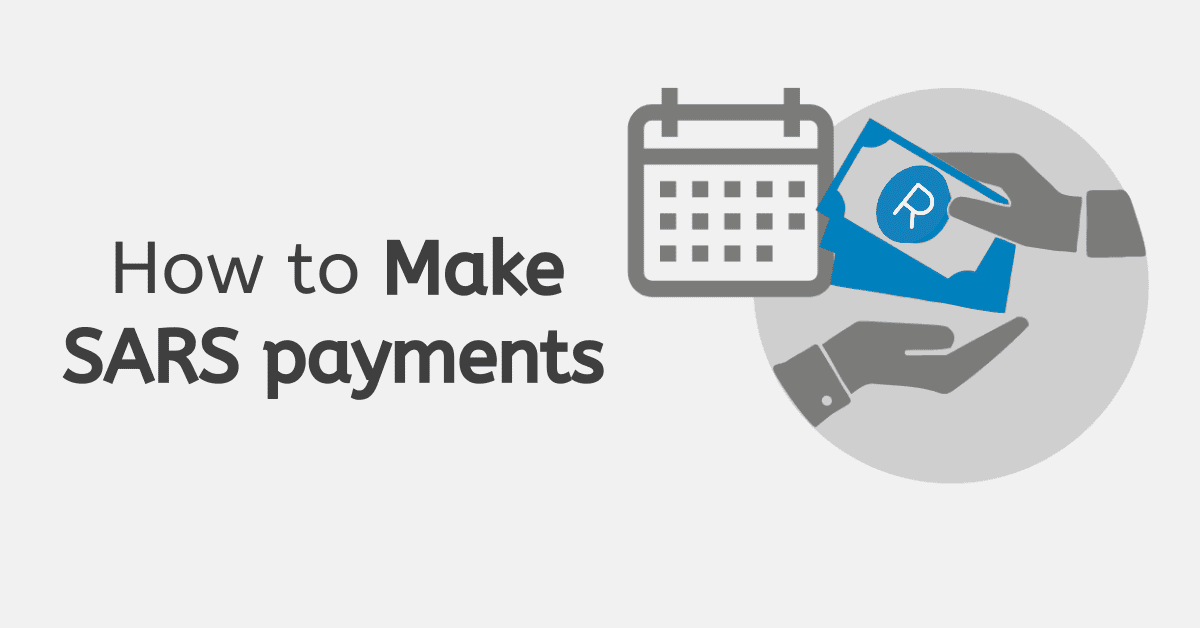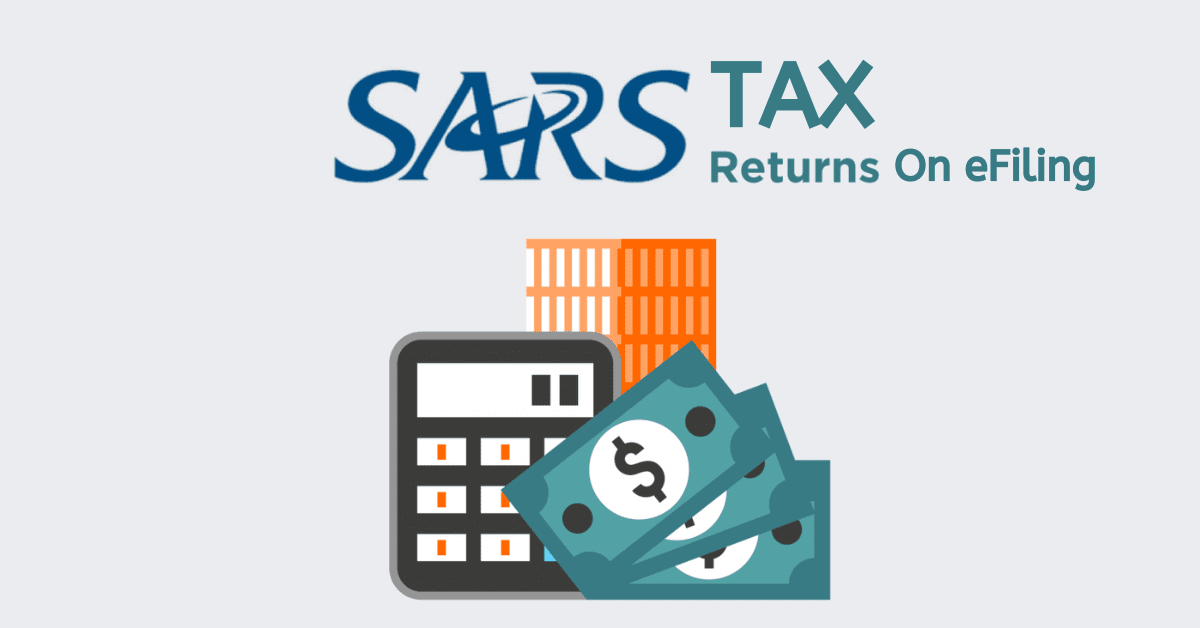All individuals and businesses that earn taxable income are liable to pay tax to the government via the South African Revenue Service. The government gets its revenue from taxes, so all eligible tax players must play their role. However, some unscrupulous individuals and businesses use unorthodox means to cheat the government by evading their tax obligations. Others avoid paying their taxes
What Is the Difference Between Tax Avoidance and Tax Evasion?
Tax avoidance involves the measures you can take to reduce your tax burden while maximizing your after-tax income. In other words, you will still be paying your taxes but trying to minimize the amount you pay during a specific tax period. On the other hand, tax evasion is the deliberate not to pay or underpay your taxes to the government.
Tax evasion involves fraud and the use of other illegal methods to avoid payment of taxes and avoid assessment by responsible authorities. For instance, claiming tax deductions you don’t qualify to get, concealing your taxable assets, failing to report, or underreporting your income are examples of tax evasion. These actions can lead to penalties, fines, or even imprisonment, depending on the magnitude of your case.
Tax avoidance utilizes legal means to reduce your taxable income. For example, claiming tax deductions that you deserve is one way of increasing the total amount you get after taxes. Therefore, the main difference between tax evasion and tax avoidance lies in the legal aspect. Tax evasion is illegal since it is characterised by lying and under reporting, whereas tax avoidance uses legal methods to lower taxes one can pay to the regulatory authority.
Which One Is Illegal Between Tax Avoidance and Tax Evasion?
Tax avoidance is a legal method of reducing your tax liability, whereas tax evasion is an illegal way of not paying your taxes. Tax evasion involves fraud, and it is a punishable criminal offence.
The common examples of tax evasion include the following:
- Underpayment of your taxes
- Falsifying your tax information
- False reporting of assets, income, and profits
- Providing wrong information about your expenditure
- Not keeping your business books up to date
Tax evasion is bad for the government since taxes are its major source of revenue. If you don’t pay your taxes, the government will end up with reduced revenue, which affects the quality of services delivered to the citizens. Tax evasion can also lead to poor economic growth, which impacts the quality of many people’s lives. It could lead to penalties or even imprisonment if you are found guilty.
What Is the Difference Between Tax Avoidance and Tax Aggressiveness?
As highlighted above, tax avoidance is a legal way of reducing the amount of tax paid by individuals, businesses, or large corporations. With proper planning, there are different methods you can consider to reduce taxes on your income. On the other hand, tax aggressiveness is the act of manipulating your taxable income to your advantage, which often leads to tax evasion. Once you take aggressive measures to minimize your taxable income, you are likely to cross the line, which leads to an illegal action.
What Is the Penalty for Tax Evasion in South Africa?
The Tax Administration Act (TAA) states that non-compliance with one’s tax obligations leads to fixed administrative penalties. The penalty levied for non-compliance depends on the taxpayer’s taxable income, usually ranging from R250 to R16 000 per month. This is a recurring penalty for up to 35 months.
Even if you don’t agree with the penalty, defiance is not the best option since it will not help your situation. It is better to arrange a payment plan with SARS to get a reprieve instead of not paying at all. Once you owe SARS money, you should know that you cannot easily get away with that credit. For example, SARS can obtain garnishee orders to recover the money you owe from your employer. It also has the power to access your bank account to get the money you owe.
Other penalties for tax evasion in South Africa include the following:
- 10% penalty for failure to file your employees’ tax return
- 10% penalty for failure to file VAT return on time
- 10% penalty for failure to file a provisional tax return
- 20% penalty for inaccurate submission of provisional tax return
- In case of an understatement on your tax return, you can get a penalty that ranges from 5% to 200%.
What Is Tax Evasion in South Africa?
Tax evasion involves the unlawful means to pay little tax or not to pay at all. It involves activities like fraud, misrepresentation of information to SARS, falsifying statements, and other illegal activities designed to help taxpayers avoid paying their taxes. Other individuals and businesses deliberately avoid declaring their income so they do not pay their taxes.
In some cases, taxpayers may lie about their expenses so they can claim refunds which they do not deserve. If an employer deducts tax from their employee, failure to pay it to SARS constitutes tax evasion. Submission of fraudulent invoices by companies is another common form of tax evasion that jeopardises SARS from collecting revenue. If you engage in such practices, you should stop that behaviour since it can lead you to great trouble if you are audited.
The government of South Africa, like other governments across the world, generates its revenue from taxes collected from individual taxpayers and businesses. All people who earn taxable income have a legal responsibility to pay taxes to the government. Practices like tax evasion are illegal, and they can lead to serious consequences like fines or even imprisonment. If you want to reduce your tax, one method you can consider is tax avoidance. However, you should be careful to avoid unlawful practices that can drive you to the wrong side of the law.
